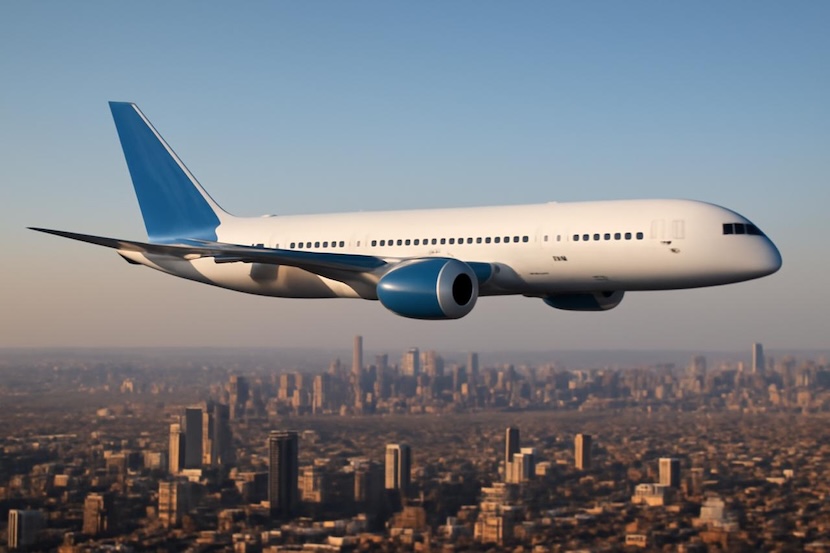Published on
November 26, 2025
Lithuania has recently urged the European Union to impose sanctions on Belarus following repeated balloon incidents carrying illegal goods across the border. Travelers planning trips to Lithuania or neighboring Baltic states should be aware of potential disruptions.
These balloons, reportedly transporting contraband such as cigarettes, have raised safety and security concerns, prompting the Lithuanian government to take unprecedented measures to protect its airspace and border regions.
From Balloons to Border Closures
Authorities in Lithuania describe the balloon incidents as a form of hybrid threat. In response, several border checkpoints were temporarily closed to prevent the inflow of smuggled goods and maintain safety for residents and visitors.
Although borders have reopened earlier than initially planned, the situation remains delicate. Some cross-border travel may still face delays or restrictions. Tourists traveling through Lithuania’s eastern borders should be prepared for possible checks and minor delays.
Proposed EU Sanctions and Travel Implications
Lithuania’s government has called for a range of EU sanctions against Belarus, which could indirectly impact tourism and travel services. Proposed measures include:
Stricter aviation restrictions that could limit flights from Belarusian-owned or registered aircraft in EU airspace.Tighter import restrictions on Belarusian products like fertilizers, oils, and salts.Limitations on investment and business activity in Belarusian economic zones.Temporary freezes on services between EU companies and Belarusian firms, including IT, legal, audit, and travel services.
While these sanctions primarily target trade and security, they may also affect travel services between the EU and Belarus. Tourists planning trips that involve cross-border travel or flights from Belarus should monitor developments closely.
What This Means for Tourists
For international travelers, these developments may have practical consequences:
Flight disruptions: Expanding aviation restrictions could lead to flight cancellations or rerouted schedules.Tour packages: Travel services connecting Belarus with Lithuania or other EU countries might be temporarily unavailable.Border checks: Even reopened borders may have heightened security measures, causing minor delays.
Those planning trips across the Baltic region should remain flexible and allow extra time for travel.
Why This Matters Beyond Politics
While the balloon incidents are primarily a matter of security and contraband smuggling, the implications for tourism are real. Lithuania’s appeal as a travel destination relies on stable transportation, accessible borders, and safe air travel. Any disruption may affect multi-country tours or weekend getaways for visitors exploring the Baltics.
Even if travelers are not directly crossing into Belarus, flights and train routes connecting nearby regions could experience delays. Awareness of the situation ensures travelers can plan safer, smoother itineraries.
Travel Tips for VisitorsCheck official advisories: Always review Lithuania’s government travel updates before booking flights or accommodations.Stay informed: Monitor news for EU sanction developments, which may impact border and flight operations.Plan alternative routes: Avoid relying on routes that involve Belarus if possible, focusing on direct Baltic connections.Allow extra travel time: Security and border checks may require additional time for cross-border movement.Respect local regulations: Follow instructions from local authorities to ensure safe travel.A Balanced Approach to Baltic Travel
Despite the balloon incidents and political tensions, Lithuania remains a vibrant and welcoming destination. Tourists can enjoy historic cities like Vilnius, scenic coastal towns, and cultural experiences without major disruptions.
Being aware of potential border and flight delays allows travelers to adapt plans without missing key attractions. Flexibility and preparation are essential for anyone exploring the Baltic states amid evolving regional security measures.
Final Thoughts for Travelers
Lithuania’s push for EU sanctions on Belarus highlights how geopolitical developments can influence travel. While the incidents are localized, their effects may ripple through the region’s transportation and tourism services.
International visitors to Lithuania or neighboring countries should monitor updates, remain flexible with itineraries, and prioritize safe travel practices. By staying informed and planning ahead, tourists can continue to enjoy the beauty, history, and culture of the Baltic states without major disruptions.
